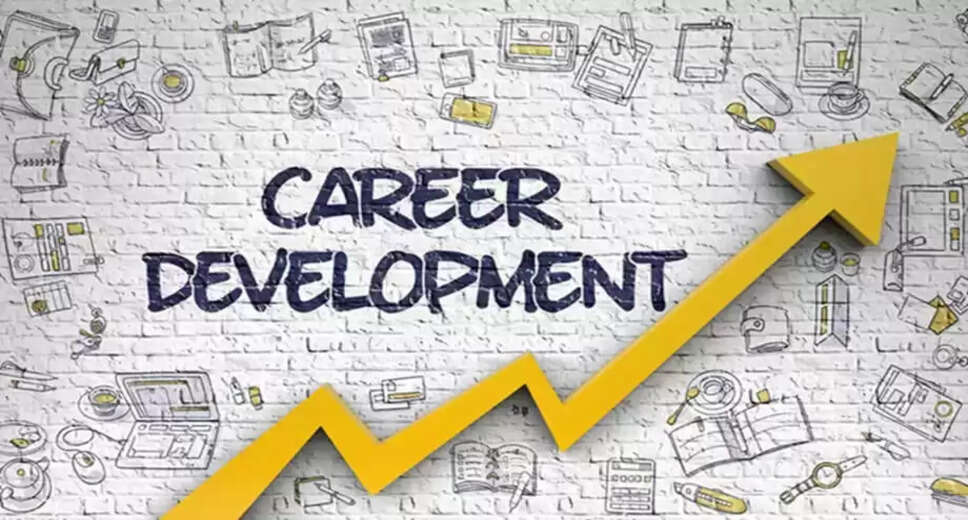Top Career Paths for BSc Graduates: Explore Your Options

Career Opportunities for Science Graduates
Courses for Science Graduates: After completing 10th grade, students and their families often begin to contemplate future career paths. Following 12th grade, many young individuals opt for a Bachelor of Science (BSc) degree. Typically, students pursue BSc in either the Physics, Chemistry, and Mathematics (PCM) or Physics, Chemistry, and Biology (PCB) streams. However, the real challenge arises post-graduation, as BSc graduates must decide on the next steps to enhance their career prospects.
Here are five courses that can significantly advance the careers of science graduates:
1. Research Analyst
If you enjoy working with data and numbers, a career as a research analyst may be ideal for you. This role involves analyzing vast amounts of data to provide valuable insights for professionals in business, healthcare, or scientific fields. Graduates with a BSc in Mathematics or Computer Science can further their studies in research or data science.
2. Pharmaceutical and Biotechnology Industries
The pharmaceutical and biotechnology sectors are experiencing rapid growth today. These fields focus on drug research, development, and market introduction. By joining a research team, you can oversee product quality or manage entire projects as a product manager. Pursuing a master's degree in pharmacy, biotechnology, or biochemistry after your BSc can be highly advantageous.
3. Clinical Research Manager
Have you ever considered how new medications or treatments are developed? Clinical research managers oversee this entire process, ensuring that medical trials are conducted correctly and in compliance with regulations. A certificate course in clinical research, combined with a BSc in life sciences, chemistry, biotechnology, or nursing, is beneficial for this role.
4. Forensic Crime Research
If you enjoy crime dramas and have a knack for detective work, a career in forensic science could be for you. This field involves collecting and analyzing evidence such as DNA, blood samples, fingerprints, and toxins from crime scenes. A BSc in Forensic Science, Criminology, Biotechnology, or Chemistry is essential for entering this profession.
5. Testing Labs
Testing laboratories are responsible for quality assurance of various products. They conduct tests on medicines, food items, chemicals, and more to ensure safety and compliance. A BSc in Chemistry, Microbiology, Biotechnology, or Pharmacy is required for these positions. Alternatively, if you aim to work as a technician, a diploma in lab technology can also be beneficial.
